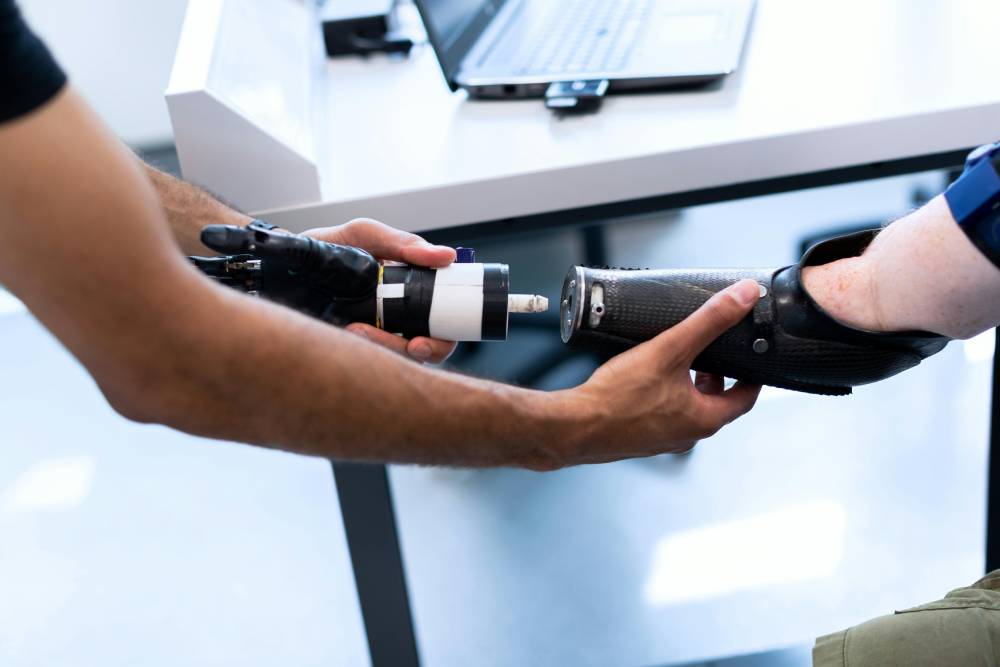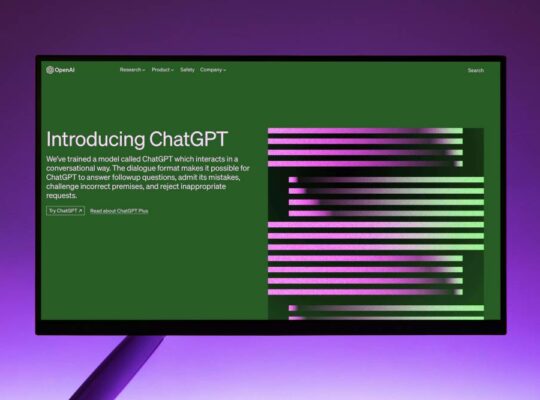AI in Healthcare: Revolutionizing Patient Care
Artificial Intelligence (AI) is transforming the healthcare industry by enhancing patient care, improving diagnostics, and streamlining administrative processes. Healthcare professionals are now able to make more accurate decisions, personalize treatment plans, and increase efficiency across the healthcare ecosystem. Here’s how AI is revolutionizing healthcare:
1. Improved Medical Imaging and Diagnostics
AI-powered algorithms analyze medical imaging such as X-rays, MRIs, and CT scans faster and more accurately than human doctors. AI can identify abnormalities like tumors or fractures that might be missed by human eyes. Early detection of conditions such as cancer, heart disease, and neurological disorders leads to better patient outcomes.
2. Accelerated Drug Discovery and Development
AI is streamlining drug discovery by analyzing vast datasets to predict which drug formulations are most effective for specific diseases. AI helps identify promising drug candidates quickly, reducing the time and cost of bringing new medications to market. Personalized medicine, tailored to an individual’s genetic profile, is becoming a reality with AI’s ability to analyze genetic data and predict treatment responses.
3. Predictive Analytics for Better Patient Management
AI algorithms analyze patient data, including medical history, lifestyle, and genetic information, to predict the likelihood of developing chronic conditions like diabetes, heart disease, or obesity. Early risk detection allows healthcare providers to intervene before conditions become severe, improving long-term health outcomes.
4. AI-Powered Chatbots and Virtual Assistants
Virtual assistants and AI-powered chatbots offer immediate access to healthcare information, enabling patients to get advice, schedule appointments, and inquire about symptoms 24/7. These AI systems reduce the burden on healthcare professionals, improve patient engagement, and provide personalized guidance and support.
5. Enhanced Patient Engagement
AI enables personalized health recommendations based on a patient’s history, preferences, and genetic data. This fosters better engagement and compliance with treatment plans. When the guidance is tailored specifically to them, patients are more likely to follow through with treatments.
6. Streamlining Healthcare Administration
AI automates administrative tasks such as scheduling, billing, and maintaining medical records, which reduces the time healthcare professionals spend on non-clinical activities. This automation allows healthcare workers to focus more on patient care, increasing the overall efficiency of healthcare systems.
7. Optimizing Resource Management
AI-powered systems help healthcare facilities optimize staffing, equipment, and resource allocation based on patient demand. These tools predict peak times and patient needs, ensuring hospitals and clinics are well-prepared and adequately staffed, which improves service delivery.
8. Improved Patient Safety
AI systems track medication administration, monitor patient vitals in real-time, and alert healthcare providers about potential risks, such as adverse drug reactions or signs of infection. These systems enhance patient safety by reducing human error and ensuring timely interventions.
9. Faster and More Accurate Treatment Plans
AI helps create personalized treatment plans by analyzing patient data, including test results, genetic information, and clinical guidelines. This personalized approach increases the likelihood of successful outcomes by matching patients with the best possible treatments.
10. Addressing Data Privacy and Security Challenges
While AI presents numerous benefits, it also raises concerns about the privacy and security of patient data. Ongoing advancements are needed to safeguard sensitive information in compliance with regulations like HIPAA. Ethical considerations, including algorithmic bias and equitable access to AI-powered healthcare, must be addressed for AI to benefit all patients.
Conclusion
AI in healthcare is more than just a trend—it’s a powerful tool reshaping how healthcare is delivered. From improving diagnostics and accelerating drug discovery to enhancing patient safety and streamlining administration, AI is set to transform the entire healthcare industry. By improving efficiency, accuracy, and personalization, AI helps healthcare professionals provide better care while reducing costs. As AI technology evolves, its impact on healthcare will continue to grow, leading to even more advancements in patient care.
Looking for a SEO based Website CLICK HERE
GO BACK TO HOME












